The Red River is oriented as a green axis, central landscape and harmonious urban development on both sides of the river, according to the task of adjusting the general planning of Hanoi Capital.
On June 16, the Prime Minister approved the task of adjusting the master plan of Hanoi Capital until 2045, with a vision to 2065. The scope of the adjusted planning is the entire administrative boundary of the Capital with 12 districts, 17 counties and one town, with an area of 3,359.84 km2.
Inheriting the master plan according to Decision 1259/2011 of the Prime Minister (Plan 1259), the adjusted plan continues to aim to develop the capital into a cultured - civilized - modern city, becoming the center and driving force for the development of the Red River Delta, the key economic region of the North and the whole country. Hanoi will become a "globally connected city, striving to develop on par with the capitals of developed countries in the region".
The previous planning determined that Hanoi would develop according to the urban cluster model including 5 satellite cities: Hoa Lac, Son Tay, Xuan Mai, Phu Xuyen and Soc Son. Each satellite city has its own mixed and specific functions, operating relatively independently to support and share with the central city in terms of housing, training, industry and services.
Adjusting the general planning of the Capital continues to aim to develop satellite cities with the Red River as the green axis and central landscape; increasing the proportion of land for urban development, building a model of a city directly under the Capital in the North (Dong Anh, Me Linh, Soc Son) and the West (Hoa Lac, Xuan Mai); building a smart city on the basis of developing the area on both sides of the Nhat Tan - Noi Bai (Vo Nguyen Giap) road axis.
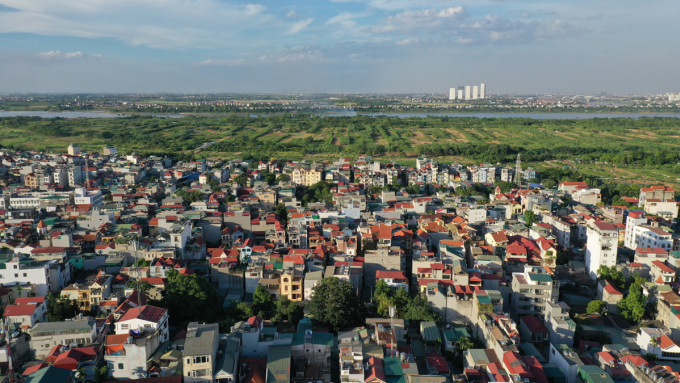
Residential area outside the Red River dike in Hoan Kiem district. Photo: Ngoc Thanh
To achieve the above goals, the Prime Minister requested Hanoi to strictly manage the development of high-rise buildings in the central area and implement an urban renovation and reconstruction program; prioritize the development of small urban areas and suburban areas to support rural development through urban-rural linkages.
The city is also assigned to propose strategic solutions to overcome the existing problems of overloaded technical infrastructure systems and traffic congestion. Specifically, it is necessary to adjust and supplement solutions for planning the framework technical infrastructure system according to the national sectoral planning orientation (air, road, waterway, railway) associated with the implementation roadmap for each phase. The city will study, review and supplement main roads, bridges across the Red River, Duong River, Da River, Day River and other main rivers.
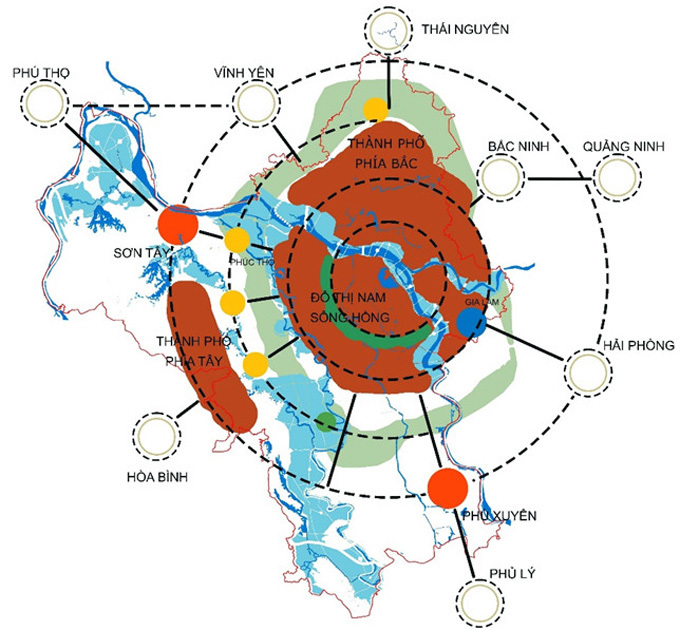
Planning orientation for two cities in the capital. Source: Hanoi Department of Planning and Architecture
The master plan for the construction of Hanoi Capital to 2030 and vision to 2050 was approved by the Prime Minister in Decision No. 1259. After 13 years of implementation, the city has not yet promoted the role, position, potential and strengths of the Capital in the Capital region; the population size exceeds the forecast threshold.
Specifically, the 1259 plan forecasts the city's population to be around 7.3 to 7.9 million by 2020. However, the results of the Hanoi census in mid-2019 were over 8 million. The population density in the central area reached 9,570 people/km2, nearly double the forecast, beyond the control of the old plan.
Some issues have not been mentioned in the master plan such as green growth urban areas, smart urban areas, and exploitation of underground urban construction space. From 2011 to present, some legal regulations related to construction planning and urban planning have been amended, supplemented, or newly issued...
Hanoi has reported to the Prime Minister and received approval for the policy of adjusting the overall master plan of the Capital until 2045, with a vision to 2065. It is expected that the project to adjust the master plan of the Capital will be reported to the Ministry of Construction for consideration in August and submitted to the National Assembly for approval at the October session.
Vo Hai
Source link


![[Photo] President Luong Cuong and King Philippe of Belgium visit Thang Long Imperial Citadel](https://vstatic.vietnam.vn/vietnam/resource/IMAGE/2025/4/1/cb080a6652f84a1291edc3d2ee50f631)
![[Photo] General Secretary To Lam receives King Philippe of Belgium](https://vstatic.vietnam.vn/vietnam/resource/IMAGE/2025/4/1/e5963137a0c9428dabb93bdb34b86d7c)
![[Photo] Prime Minister Pham Minh Chinh meets with King Philippe of Belgium](https://vstatic.vietnam.vn/vietnam/resource/IMAGE/2025/4/1/be2f9ad3b17843b9b8f8dee6f2d227e7)
![[Photo] Close-up of Vietnam's sniffer dog team searching for earthquake victims in Myanmar](https://vstatic.vietnam.vn/vietnam/resource/IMAGE/2025/4/1/d4949a0510ba40af93a15359b5450df2)


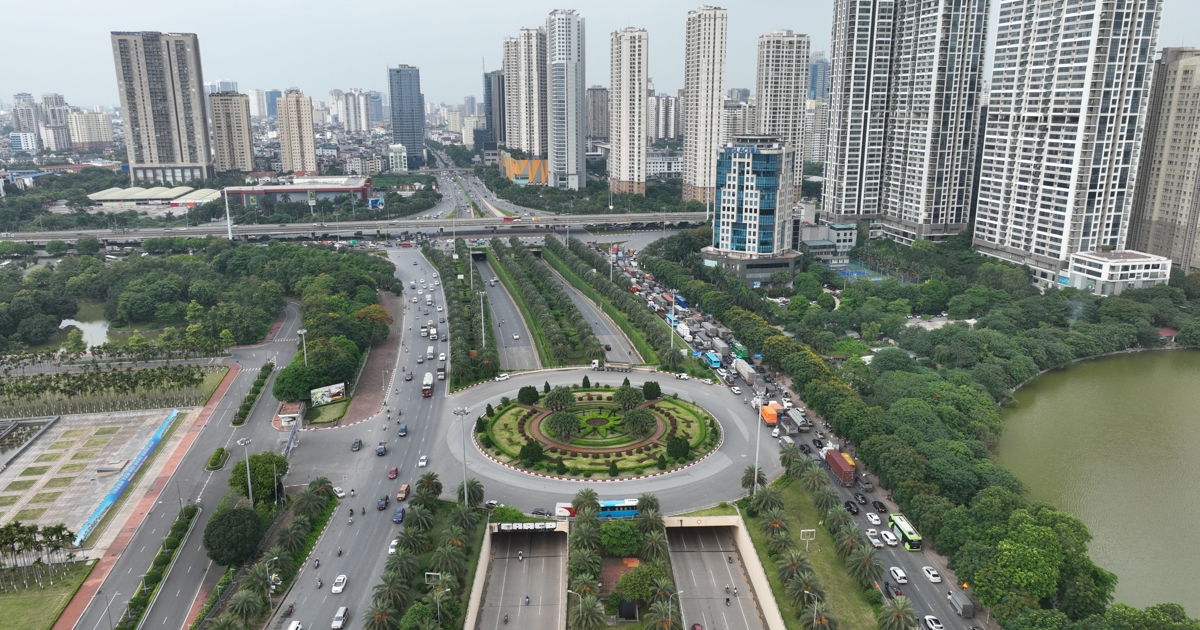

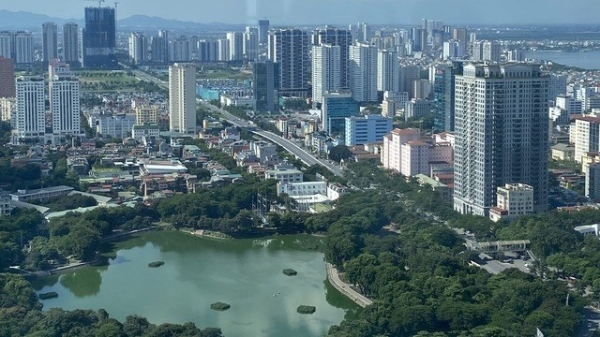

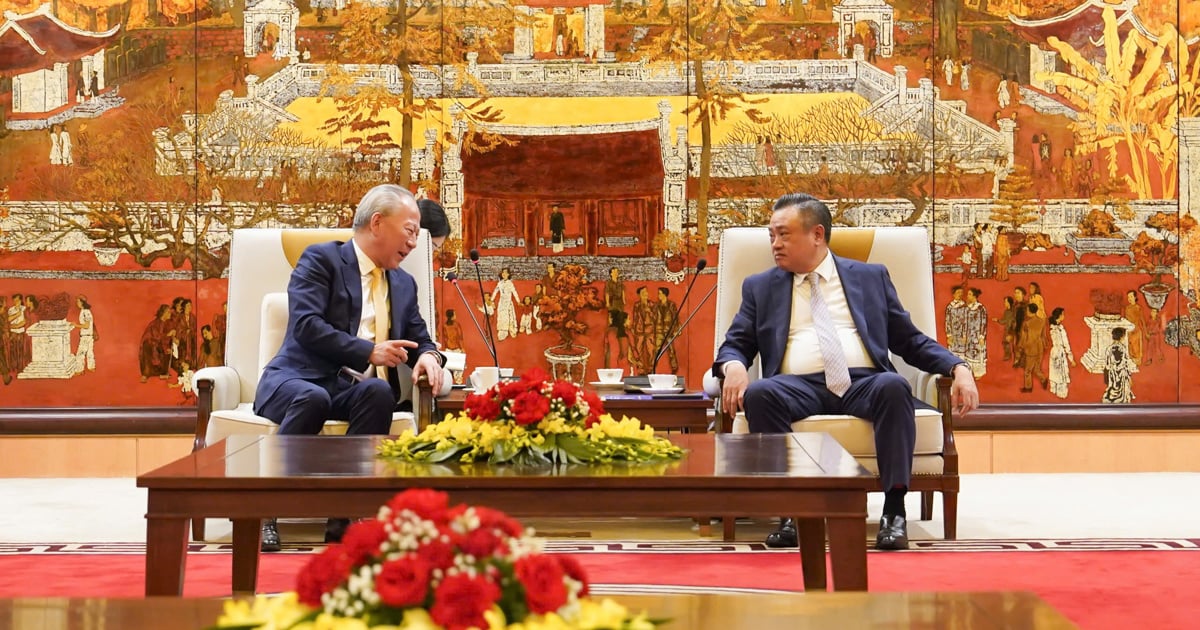
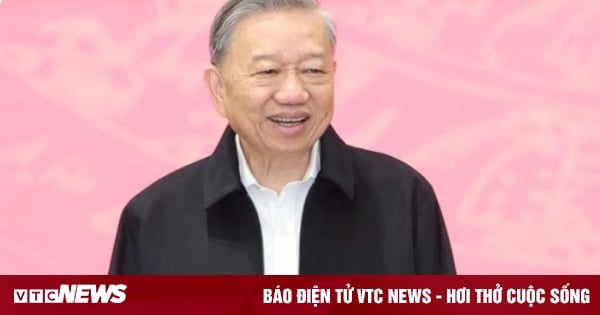



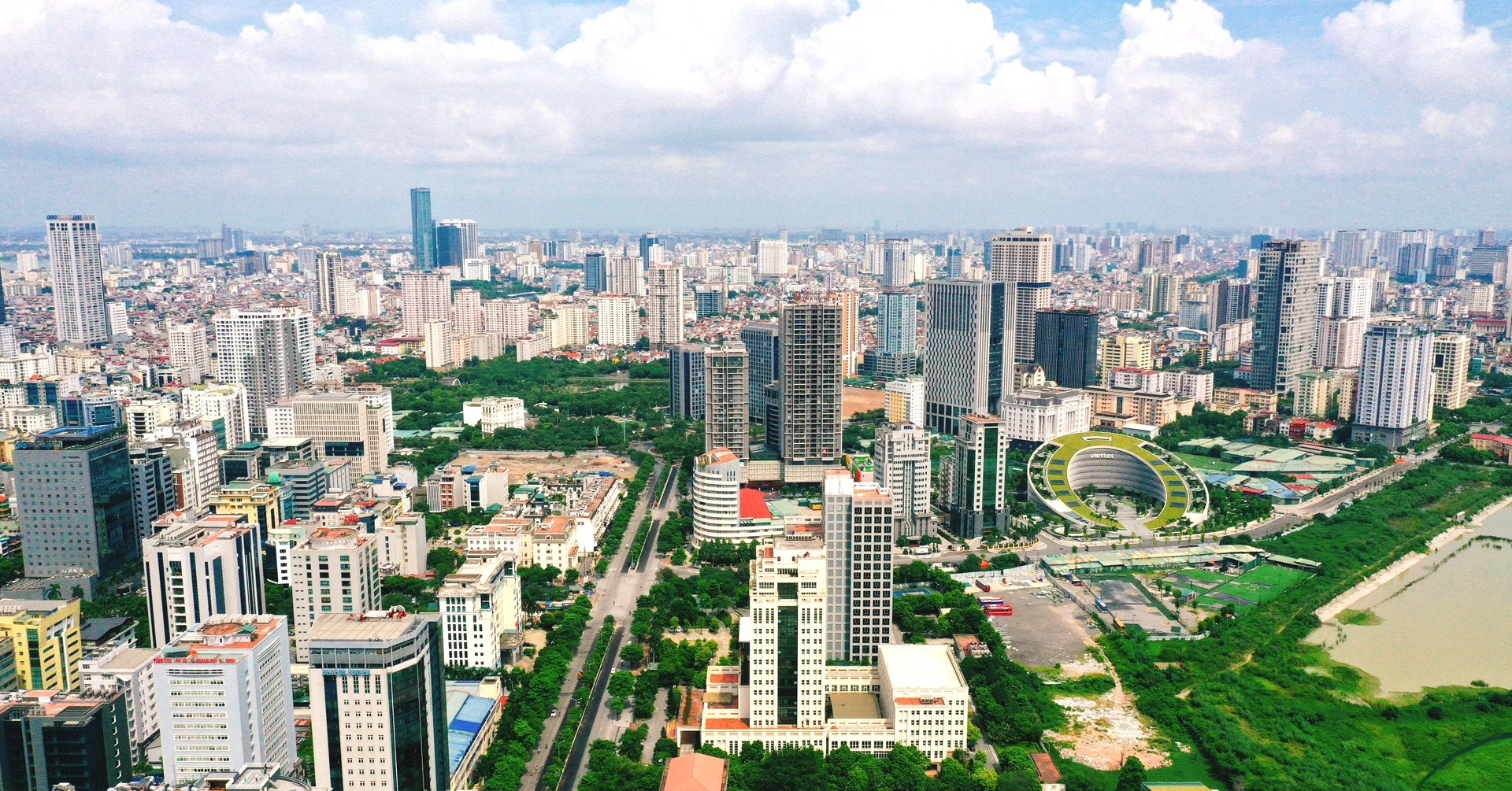



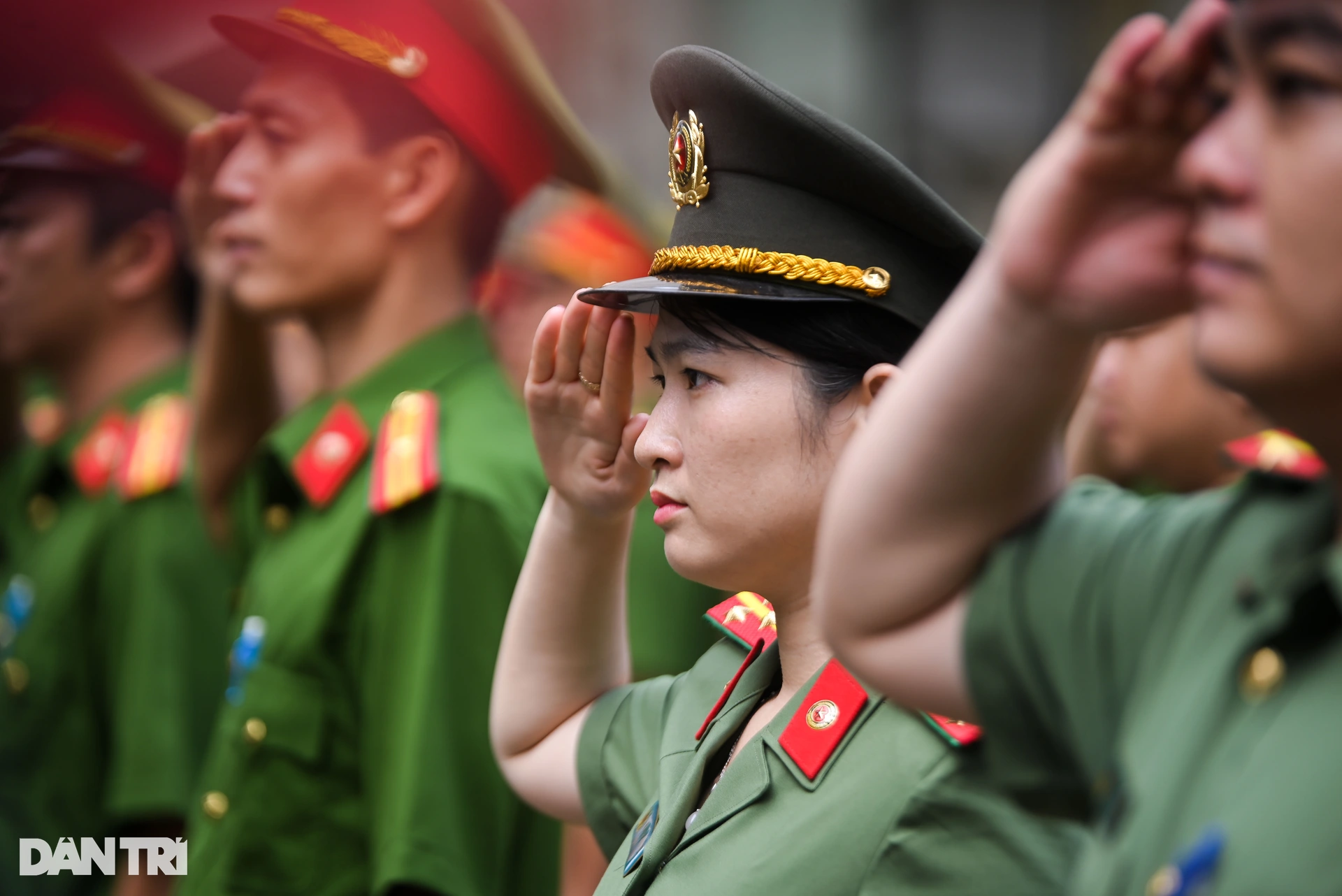
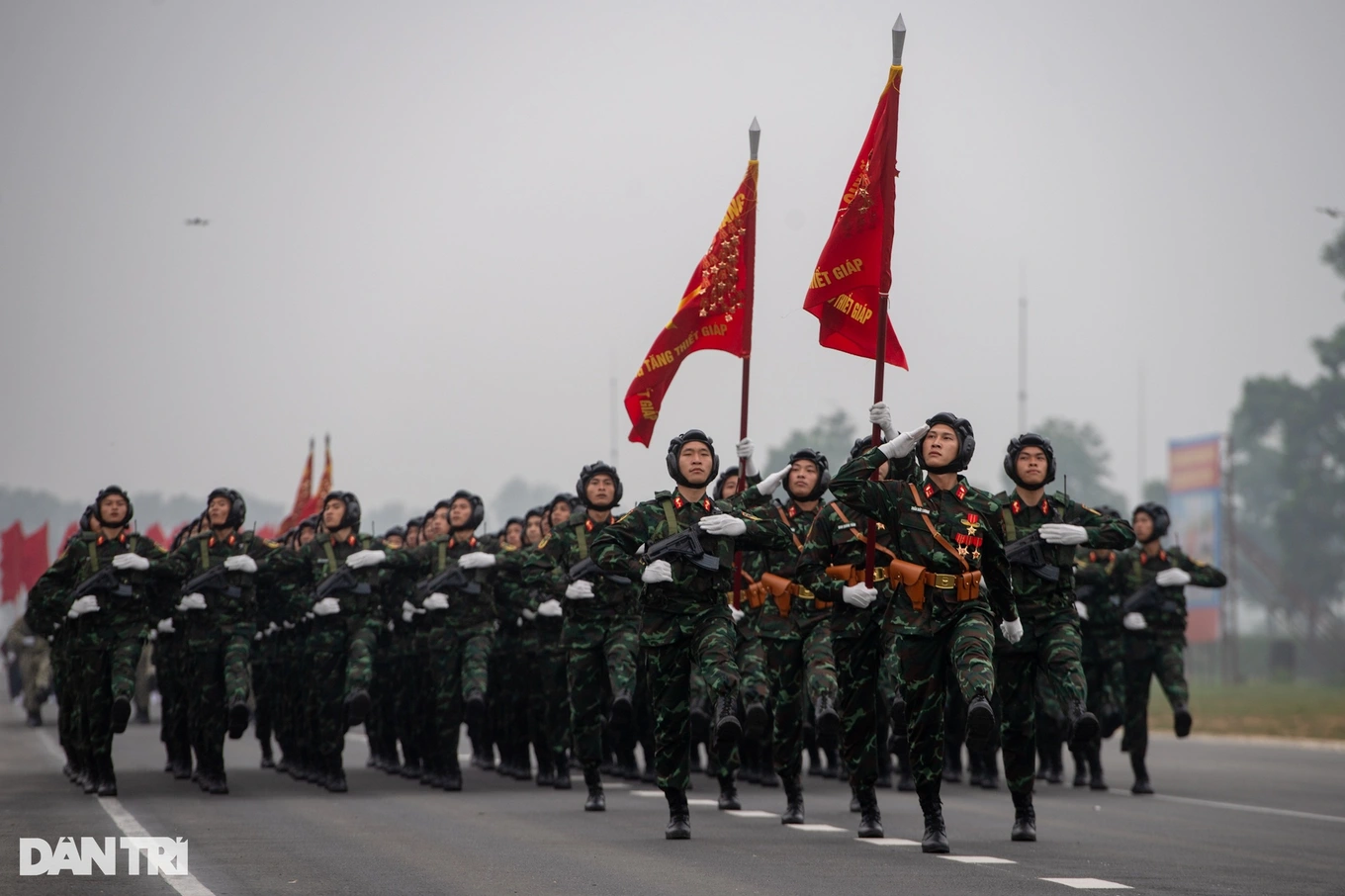
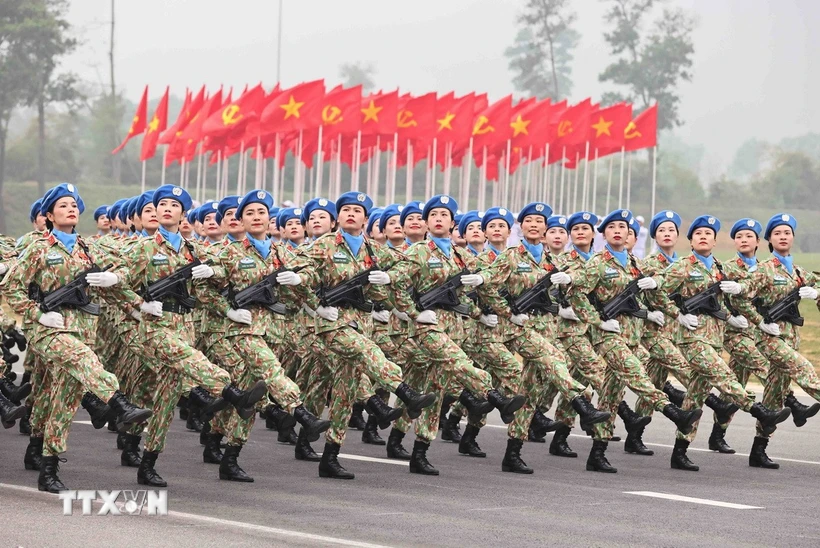
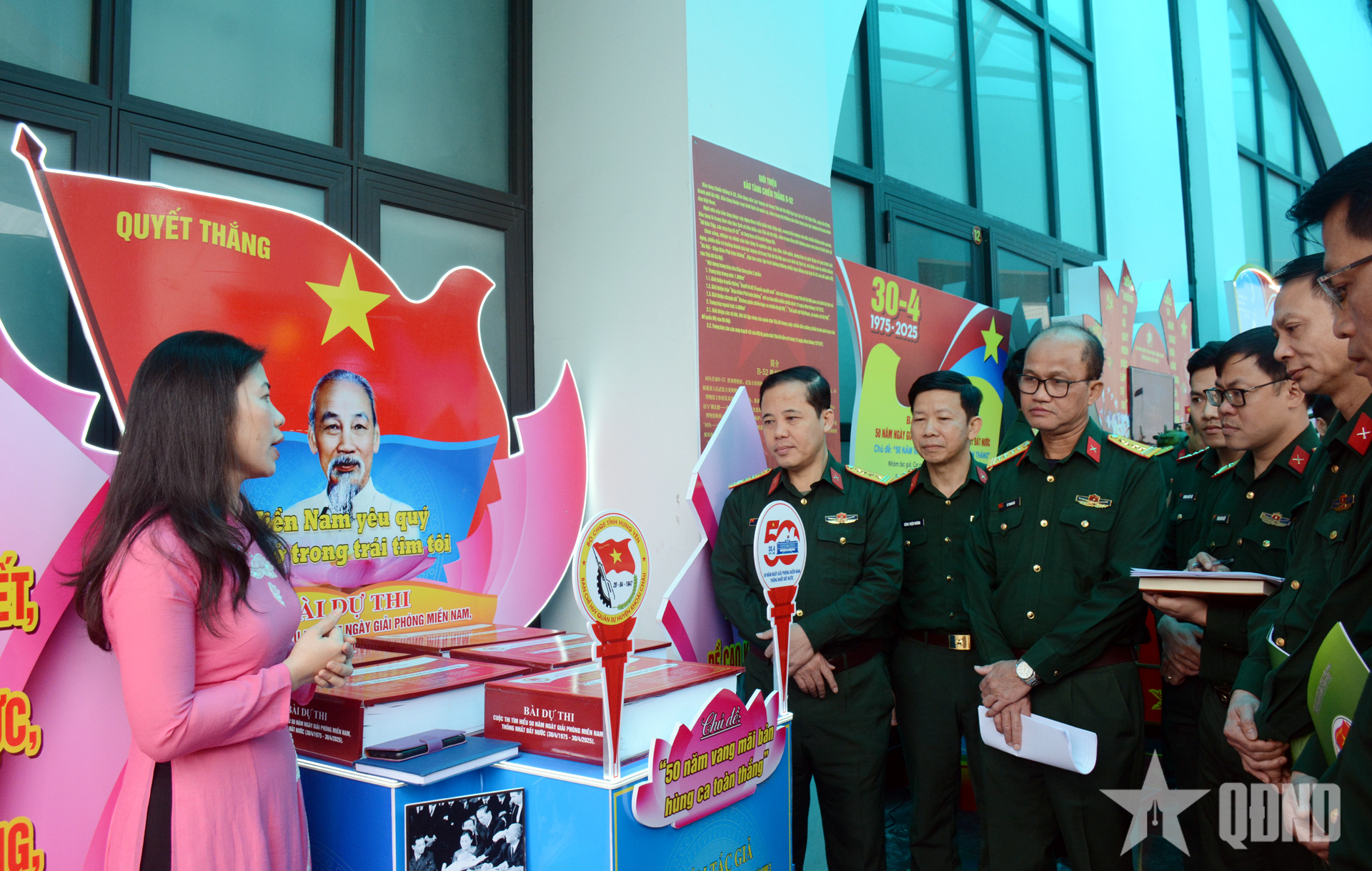










![[Photo] Myanmar's capital in disarray after the great earthquake](https://vstatic.vietnam.vn/vietnam/resource/IMAGE/2025/4/1/7719e43b61ba40f3ac17f5c3c1f03720)









































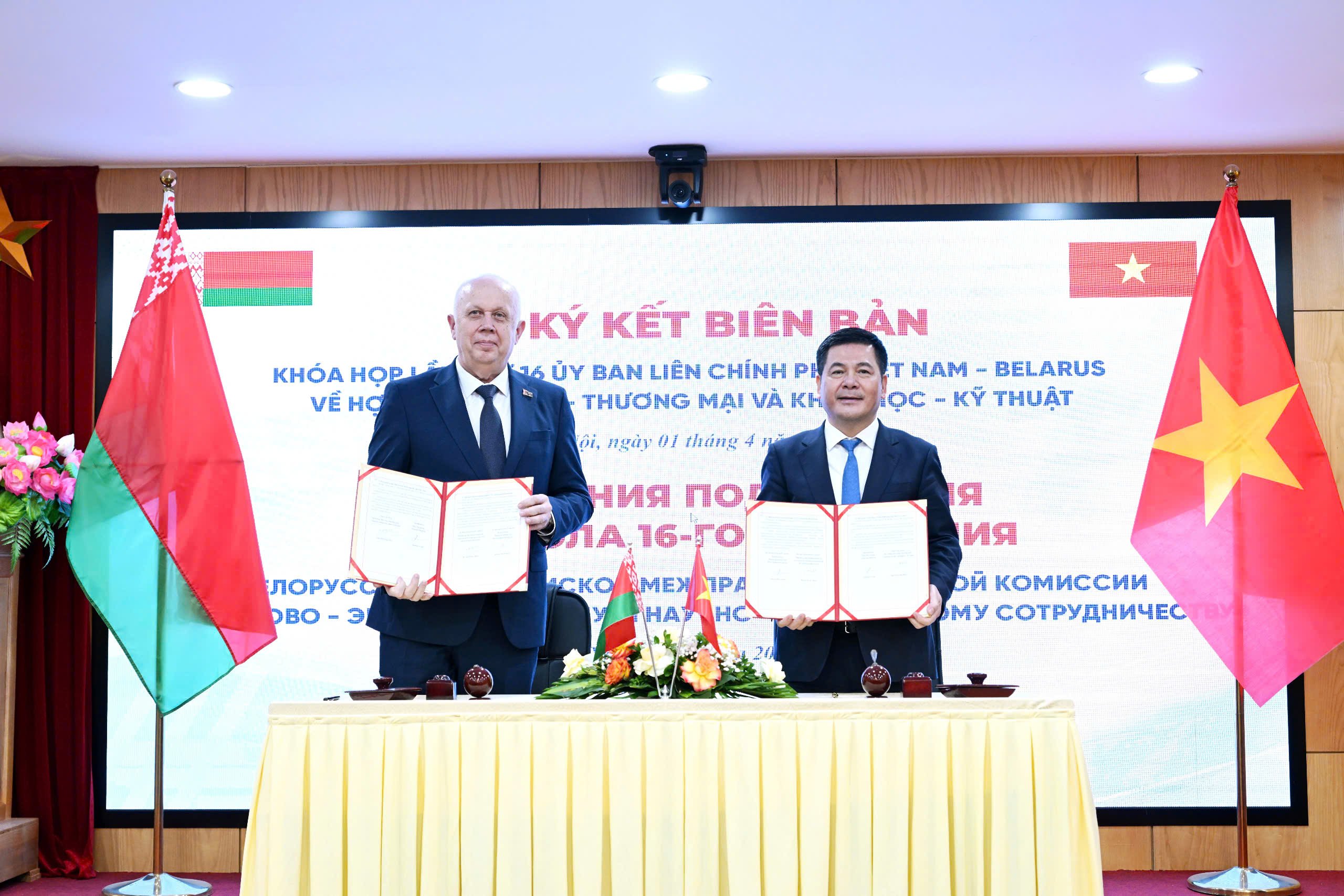
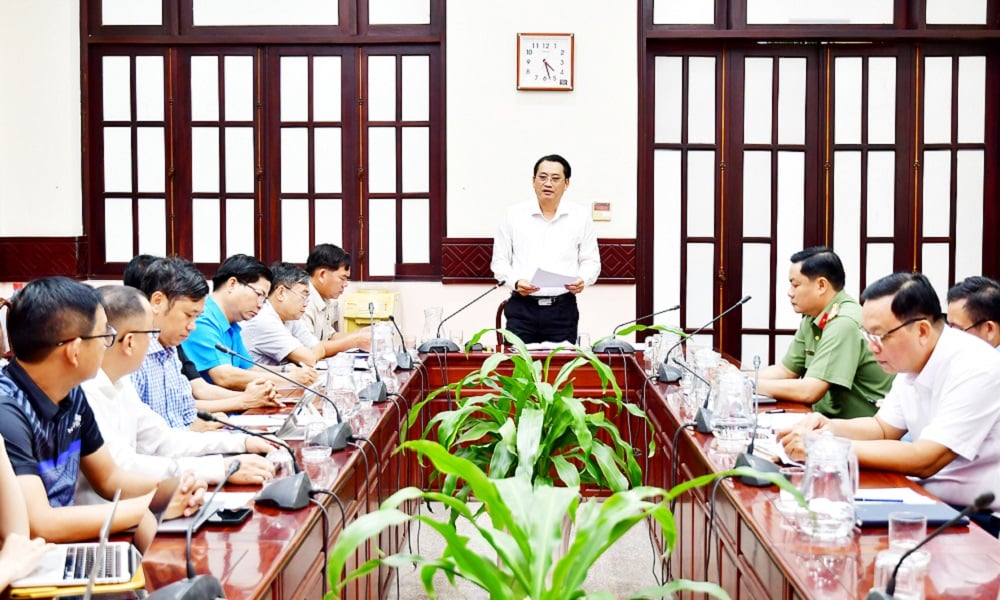


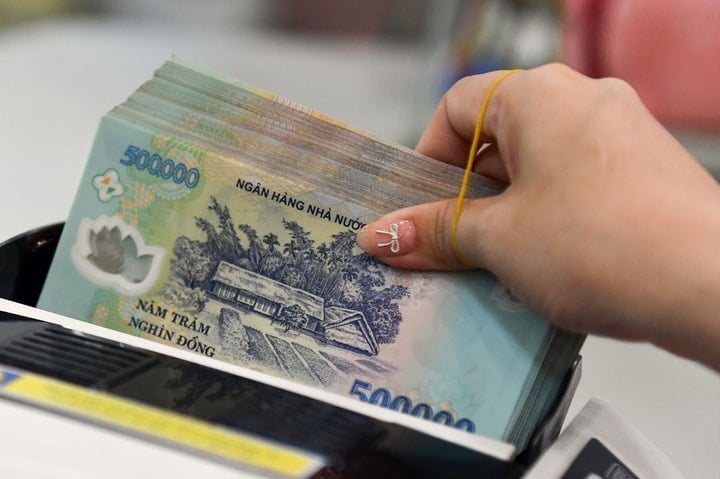

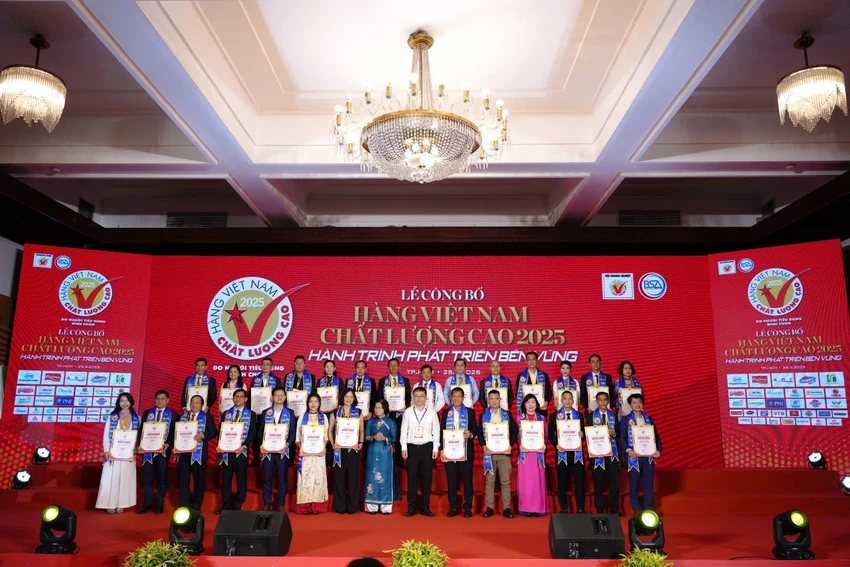


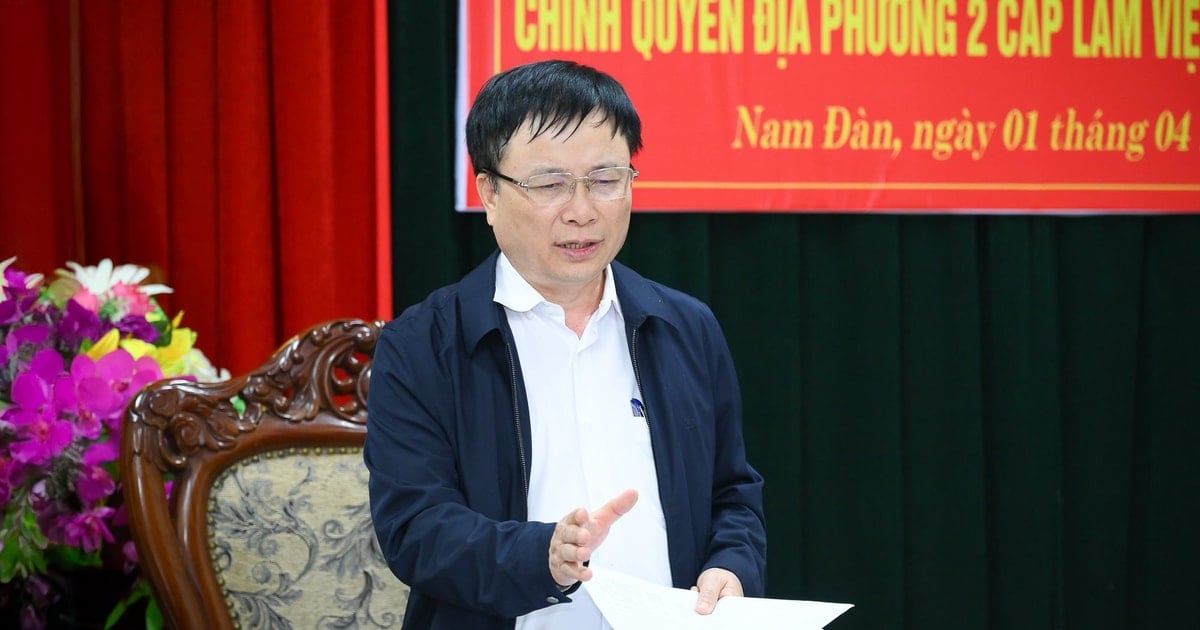











Comment (0)